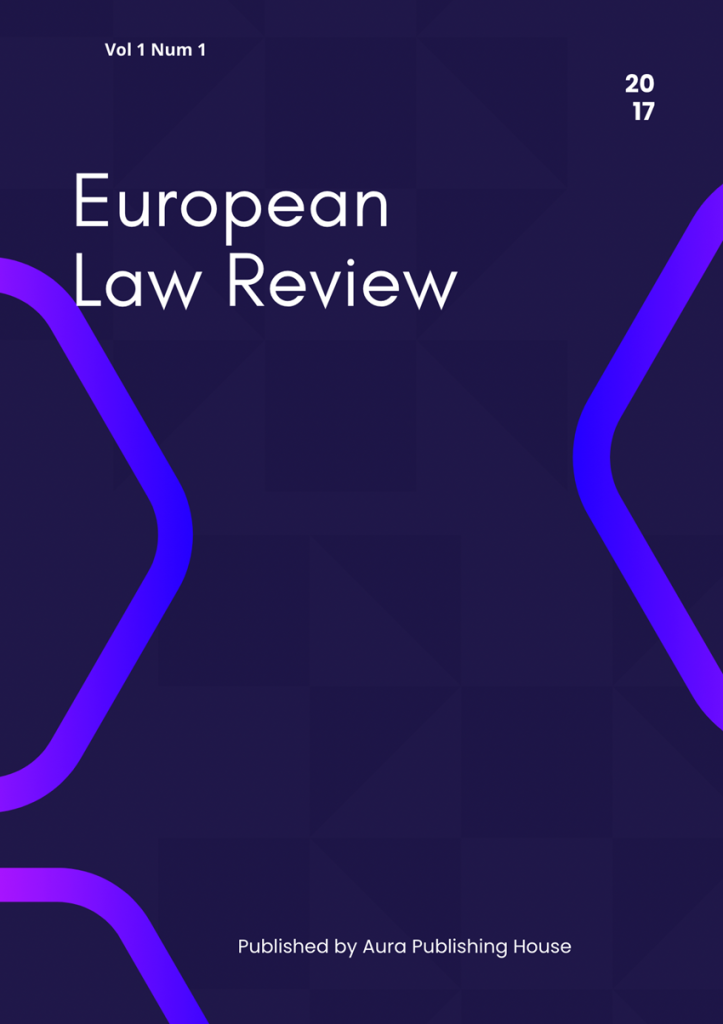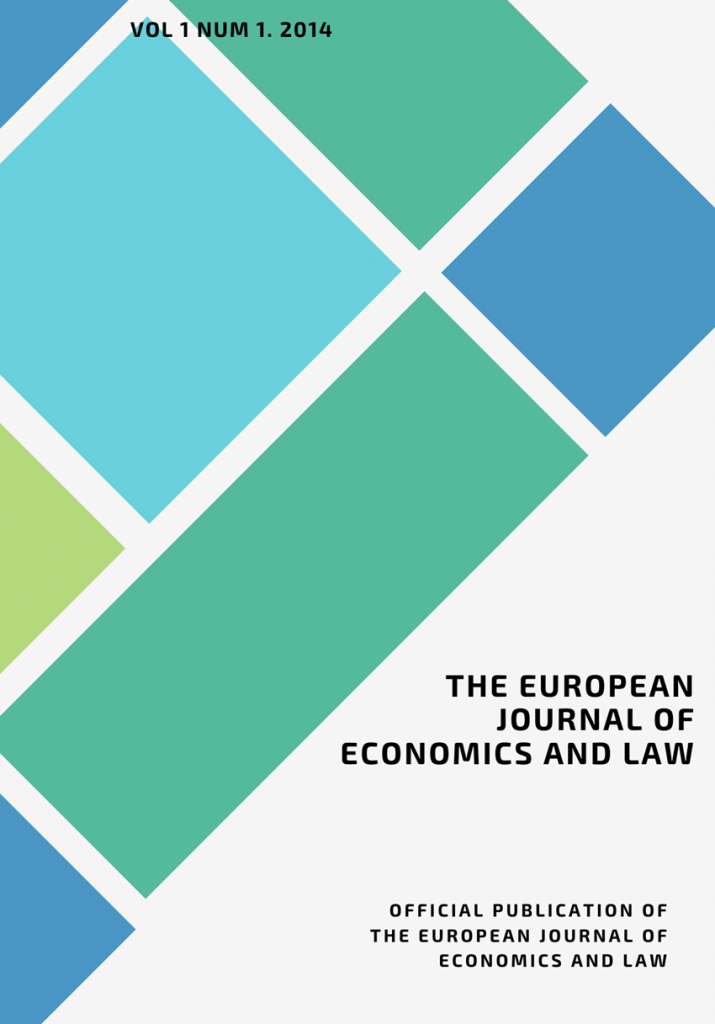Under no circumstances will the editorial or scientific committee encourage misconduct of any kind or knowingly allow such behavior to occur.
The editorial and international scientific committee will attempt to prevent misconduct by informing authors and reviewers about the ethical behavior required of them.
Reviewers and members of the editorial and scientific committees are asked to be aware of all types of misconduct to identify documents in which such behavior may have occurred and handle complaints accordingly.
In cases of misconduct, the journal editor is responsible for resolving the issue. They may work in collaboration with the editorial and scientific committees, expert reviewers, and subject matter experts.
The issue will be documented accordingly. All factual questions must be documented: who, what, when, where, why. All relevant documents must be retained, especially the articles in question.
The editor will contact the author, giving them the opportunity to respond or comment on the complaint, allegation, or dispute.
If misconduct is found or suspected, or corrections are required, the editorial committee will handle the case following COPE recommendations.
Care will be taken to distinguish cases of honest human error from deliberate attempts to deceive.
The editorial board will consider retracting a publication in cases of misconduct, issuing a note in cases of inconclusive evidence, or requesting correction of the false segment.












